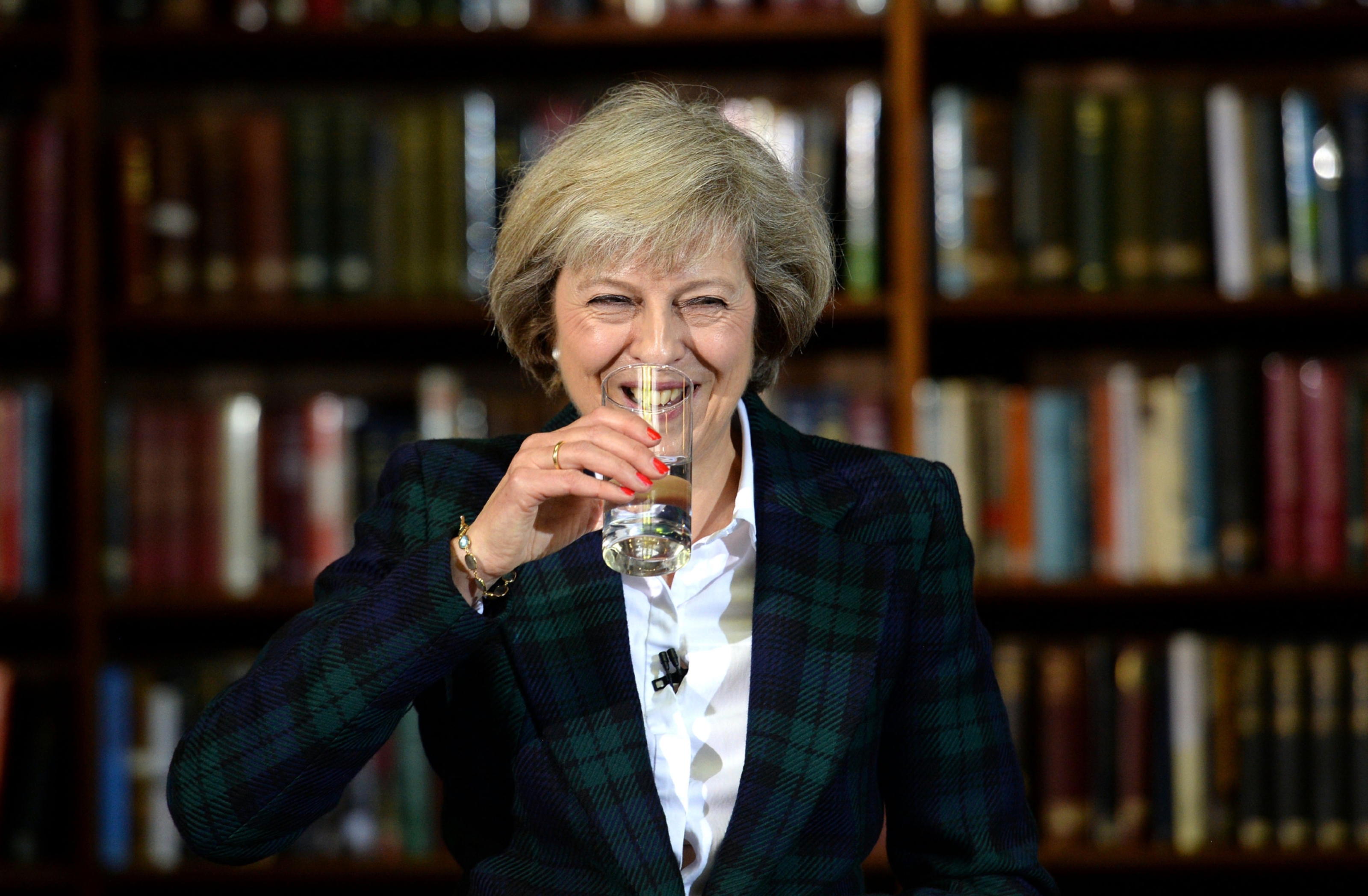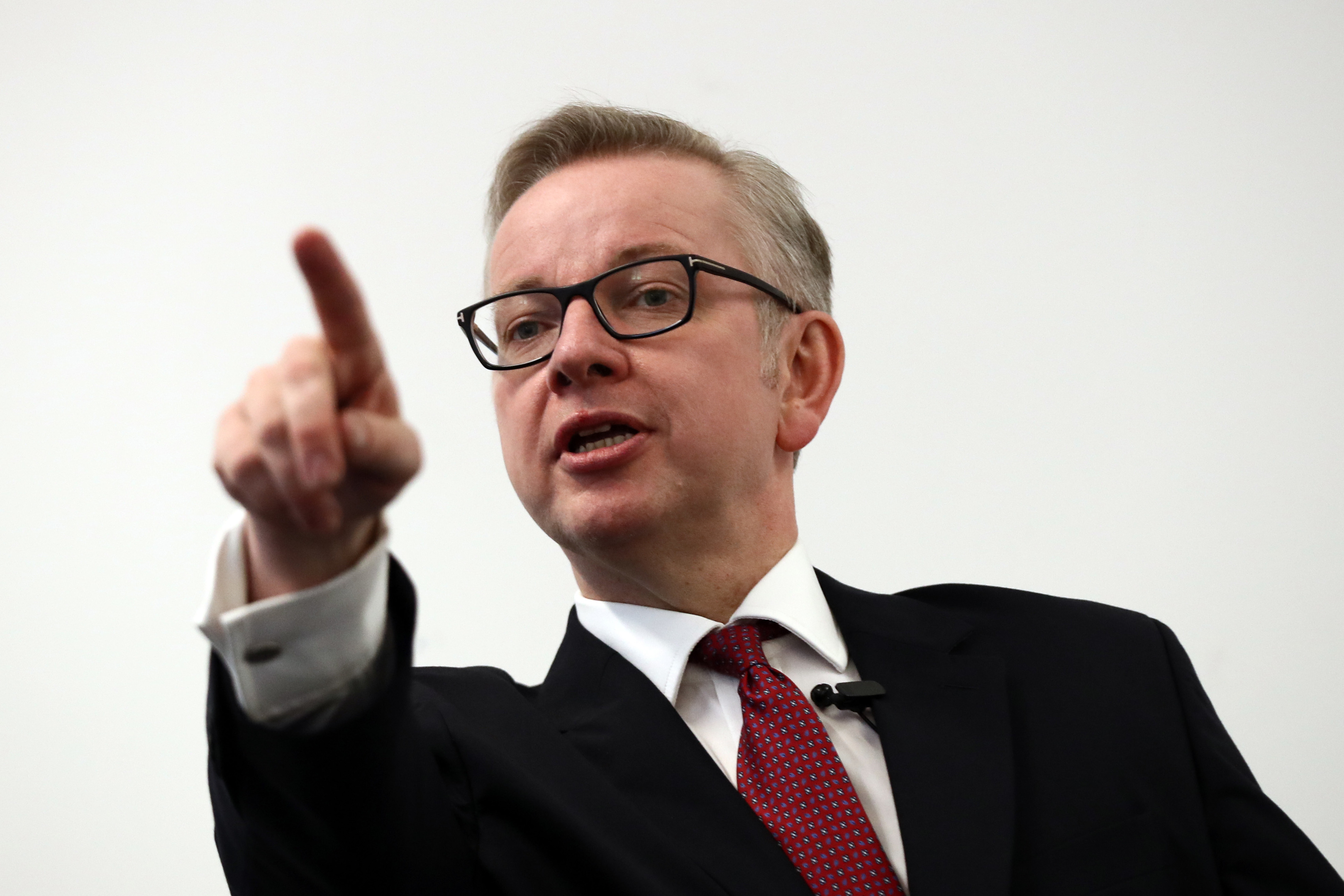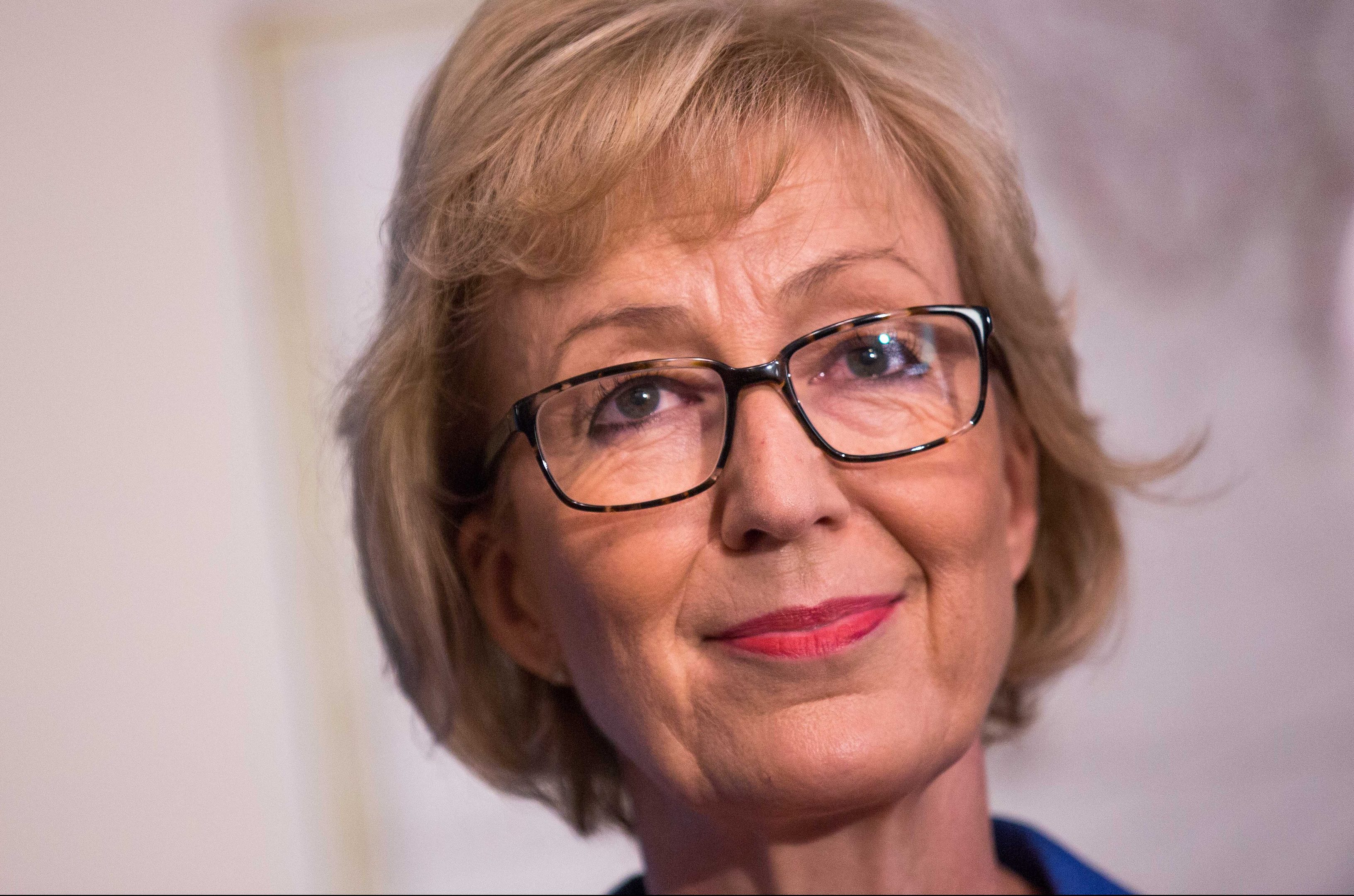Theresa May will go head to head against Andrea Leadsom in the battle to be Britain’s next Prime Minister.
The Home Secretary, who is favourite to replace David Cameron in Downing Street, gained the support of 199 Conservative MPs in the second round of voting for the party’s leadership contest.
Energy Minister Ms Leadsom received 84, resulting in Michael Gove, the Justice Secretary who was heavily criticised for destroying the bid of his Vote Leave ally Boris Johnson, crashing out of the contest. He finished bottom of the ballot with 46 votes.
Michael Gove said he was “naturally disappointed” to be eliminated but said his two rivals were both “formidable politicians” who deserved to be in the final run-off, and whichever of them won would “lead the country well”.
He added: “Let me first of all congratulate both of the candidates who have made it through – both Theresa May and Andrea Leadsom are formidable politicians and they have fought great campaigns and they deserve to be in the final two.
“And there’s one thing as well which is important, significant, and I think actually welcome.
“Whoever the next prime minister of this country will be, it will be a female prime minister and a female prime minister who has formidable skills and I know whichever one of the two wins they will lead this country well.
“It’s now up to the Conservative Party and indeed the wider country to assess the skills, the abilities and the leadership potential of these two candidates.
“I hope over the course of the next few weeks we will have an opportunity to have a debate about the direction in which the country should go, which will be civilised, inclusive, positive and optimistic.”
While Mrs May enjoys a clear advantage among Tories at Westminster, she will be acutely aware that grass roots Conservatives rejected the MPs’ choice in both previous elections conducted under the current system, opting for Iain Duncan Smith and David Cameron over Kenneth Clarke and David Davis.
Mrs Leadsom, who played a prominent role in the campaign for Britain to leave the EU, is likely to attract votes from Eurosceptic activists who want a “Brexit prime minister” to oversee withdrawal negotiations.
Although signed up to the Remain camp, Mrs May maintained a low profile during the referendum, and sought to neutralise the issue as she launched her leadership bid by making clear she would not seek to overturn the result and declaring: “Brexit is Brexit.”
Mrs May said: “I am delighted to have won so much support from my colleagues.This vote shows that the Conservative Party can come together – and under my leadership it will.
“I have said all along that this election needs to be a proper contest. And now it is time for me – and my team – to put my case to the Conservative Party membership.
“That case comes down to three things. Because we need strong, proven leadership to negotiate the best deal for Britain as we leave the European Union, to unite our party and our country, and to make Britain a country that works not for a privileged few but for every one of us.
“Those are the things my colleagues have voted for in overwhelming numbers today, and I am confident they will win the support of our members – and the support of the country as a whole.”
Ms Leadsom’s campaign chief Tim Loughton said the run-off represented a”quirky” choice for the Conservatives.
“They both went to state schools, they are both women, hey, that’s pretty quirky for the Tory party. Isn’t this the new sort of Tory party?”
The new prime minister will be chosen by an electorate of around 150,000 Conservative Party members.
The deadline for getting a vote by joining the party has already passed.


